Pregnancy is an incredibly exciting time in a woman’s life, but it can also be overwhelming. There are so many things to think about, including the health and well-being of your growing baby. One of the most important things you can do during pregnancy is to make sure you are eating a healthy and well-balanced diet. Proper nutrition during pregnancy is crucial for both you and your baby, and it can have a positive impact on your pregnancy experience overall.
Table of Contents
Why is nutrition so important during pregnancy?
First and foremost, a healthy diet can help ensure that your baby is getting the necessary nutrients for growth and development. Your baby needs a wide variety of nutrients, including protein, calcium, iron, folic acid, and other vitamins and minerals. These nutrients are important for everything from brain development to bone growth, and they can help reduce the risk of certain birth defects.
But proper nutrition isn’t just important for your baby. It’s also important for you! Eating a healthy diet during pregnancy can help you feel better overall, reduce the risk of certain pregnancy complications, and help you maintain a healthy weight. It can also provide you with the energy and stamina you need to get through your pregnancy and prepare for childbirth.
What should you be eating during pregnancy?
A healthy pregnancy diet should include a variety of foods from all of the major food groups, including fruits, vegetables, whole grains, lean protein, and low-fat dairy products. You should also aim to stay hydrated by drinking plenty of water throughout the day.
As your pregnancy progresses, you’ll need to increase your calorie intake and focus on getting enough of all the essential nutrients. However, you don’t need to “eat for two” – you just need to make sure you are eating a well-balanced diet that includes plenty of nutrient-dense foods.
Of course, it’s also important to talk to your doctor about your specific nutritional needs during pregnancy. Your doctor can help you determine how many calories you need to be consuming each day, and they can provide guidance on the types of foods you should be eating to support a healthy pregnancy.
Macronutrients during Pregnancy
As a soon-to-be mother, you need to ensure that your diet contains the necessary nutrients for both you and your growing baby. One of the most important components of a healthy pregnancy diet is macronutrients. Macronutrients are the three main types of nutrients that provide energy and support growth and development in the body. These include carbohydrates, proteins, and fats, and each plays a critical role during pregnancy.
- Carbohydrates : Carbohydrates are an important source of energy during pregnancy. They provide the fuel your body needs to function properly and help prevent fatigue and dizziness. Good sources of carbohydrates include fruits, vegetables, whole grains, and legumes. These foods also contain important vitamins, minerals, and fiber that support a healthy pregnancy.
- Proteins : Proteins are another crucial macronutrient during pregnancy. They help build and repair tissue, support muscle growth and development, and produce important enzymes and hormones. Good sources of protein include lean meats, poultry, fish, eggs, beans, and nuts.
- Fats : Fats may have gotten a bad reputation in the past, but they’re actually an essential macronutrient during pregnancy. Healthy fats, such as those found in nuts, seeds, avocado, and fatty fish, help support brain development in your growing baby. They also provide energy and help your body absorb important vitamins, such as vitamin D.
During pregnancy, it’s important to eat a well-balanced diet that includes all three macronutrients. While the exact needs may vary depending on your individual circumstances, the general recommendation is to get 45-65% of your daily calories from carbohydrates, 10-35% from protein, and 20-35% from fats.
Micronutrients during Pregnancy
Micronutrients are essential vitamins and minerals that your body needs in small amounts to function properly. During pregnancy, your body has increased nutrient needs to support the growth and development of your baby. Here are some of the most important micronutrients to focus on during pregnancy.
- Folic Acid : Folic acid, or folate, is perhaps the most well-known micronutrient when it comes to pregnancy. It’s essential for healthy brain and spinal cord development, and getting enough folic acid can help prevent birth defects. You can get folic acid from leafy green vegetables, citrus fruits, beans, and fortified cereals.
- Iron : Iron is another important micronutrient during pregnancy. It’s necessary for the production of hemoglobin, which carries oxygen in your blood. Pregnant women need more iron to support the increased blood volume and to provide enough oxygen to the baby. Good sources of iron include red meat, poultry, fish, beans, and fortified cereals.
- Calcium : Calcium is essential for building strong bones and teeth, as well as for proper muscle and nerve function. During pregnancy, your baby needs calcium to support their bone growth. Dairy products, leafy green vegetables, and fortified juices are all good sources of calcium.
- Vitamin D : Vitamin D is important for bone health and may also play a role in preventing pre-eclampsia and gestational diabetes. Your body makes vitamin D when your skin is exposed to sunlight, but it can also be found in fortified dairy products, fatty fish, and egg yolks.
- Omega-3 Fatty Acids : Omega-3 fatty acids are important for brain and eye development in your baby. Good sources of omega-3s include fatty fish, such as salmon and tuna, as well as walnuts and flaxseeds.
- Vitamin B12 : Vitamin B12 is essential for the development of the baby’s nervous system and brain. Pregnant women who follow a vegetarian or vegan diet may need to take a vitamin B12 supplement, as it is mainly found in animal products.
In addition to these micronutrients, it’s also important to get enough vitamin A, vitamin C, vitamin E, and zinc during pregnancy. A varied and balanced diet that includes plenty of fruits, vegetables, whole grains, and lean proteins should provide you with all the micronutrients you need during pregnancy.
Why Hydration is Important During Pregnancy?
During pregnancy, your body goes through a lot of changes that can affect your hydration levels. Your blood volume increases, your body produces more fluids, and your baby needs water to support their growth and development. Dehydration during pregnancy can lead to a range of complications, such as low amniotic fluid, premature contractions, and even preterm labor.
In addition to preventing complications, staying hydrated during pregnancy can also help with common pregnancy symptoms, such as constipation, nausea, and fatigue. Drinking enough water can help flush toxins from your body, support healthy digestion, and keep your energy levels up.
Tips for Staying Hydrated During Pregnancy
Here are some tips to help you stay hydrated during pregnancy:
- Keep a water bottle with you at all times and take sips throughout the day.
- Drink a glass of water with every meal and snack.
- Eat foods with a high water content, such as fruits and vegetables.
- Avoid sugary drinks, such as soda and sports drinks, as they can dehydrate you.
- If you’re exercising, drink water before, during, and after your workout.
- If you’re spending time in hot weather, drink water more frequently and take breaks in the shade.
Conclusion
Good nutrition is essential during pregnancy to support the healthy growth and development of both the mother and the baby. Pregnant women should aim to consume a balanced diet that includes a variety of nutrient-rich foods, such as fruits, vegetables, lean proteins, whole grains, and low-fat dairy products. It’s also important to stay hydrated and avoid foods that can be harmful to the baby’s development or increase the risk of pregnancy complications.
If you have any concerns about your nutrition during pregnancy, it’s important to speak with your healthcare provider for personalized guidance and recommendations.
FAQs
-
Can I continue to exercise during pregnancy?
Yes, exercise is generally safe and recommended during pregnancy, as long as you discuss it with your healthcare provider and modify your routine as needed.
-
Are there any foods that I should eat more of during pregnancy?
Yes, pregnant women should aim to consume more nutrient-rich foods, such as leafy green vegetables, citrus fruits, lean proteins, and low-fat dairy products.
-
How can I manage morning sickness during pregnancy?
You can manage morning sickness by eating small, frequent meals, avoiding foods that trigger nausea, and staying hydrated.
-
Can I drink coffee during pregnancy?
Yes, but it’s important to limit your caffeine intake to no more than 200 milligrams per day, which is equivalent to one 12-ounce cup of coffee.
-
Is it safe to take supplements during pregnancy?
It’s important to speak with your healthcare provider before taking any supplements during pregnancy, as some may be harmful to the baby’s development.
If you want to learn more about how to improve your health and wellness, be sure to check out other informative articles on our website. Click here to read more!

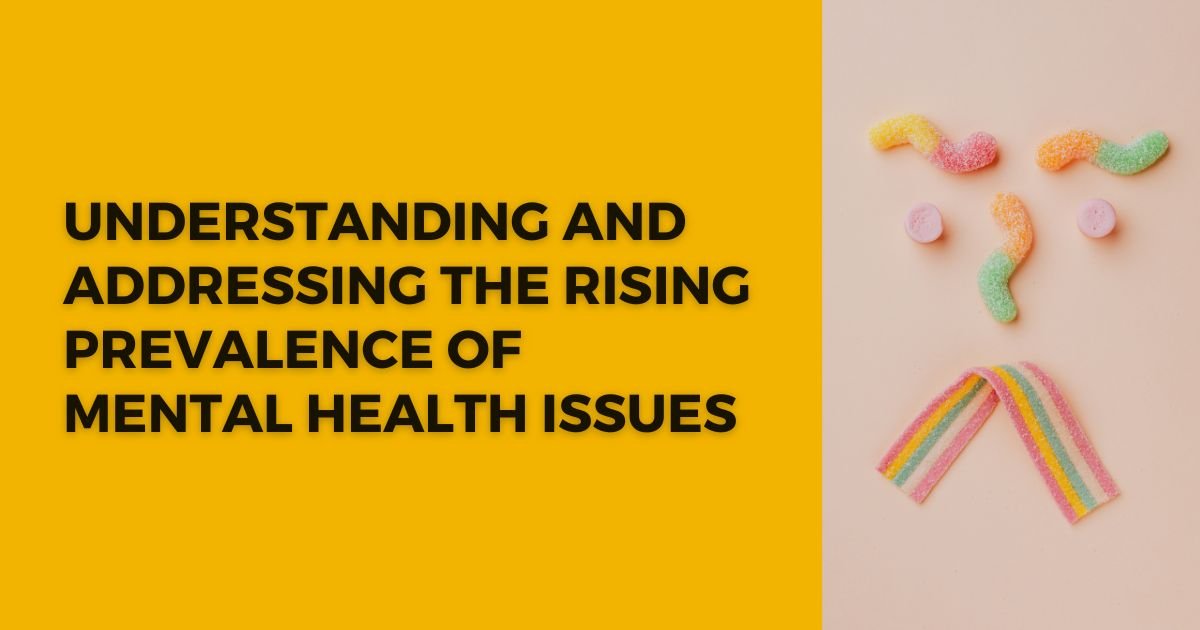



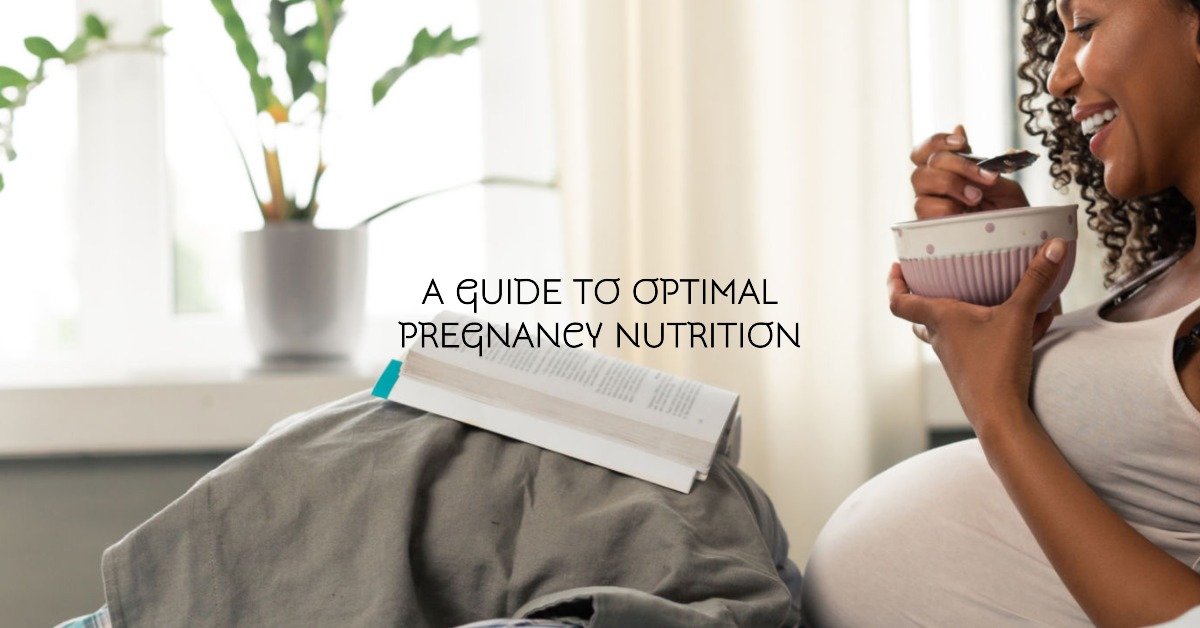
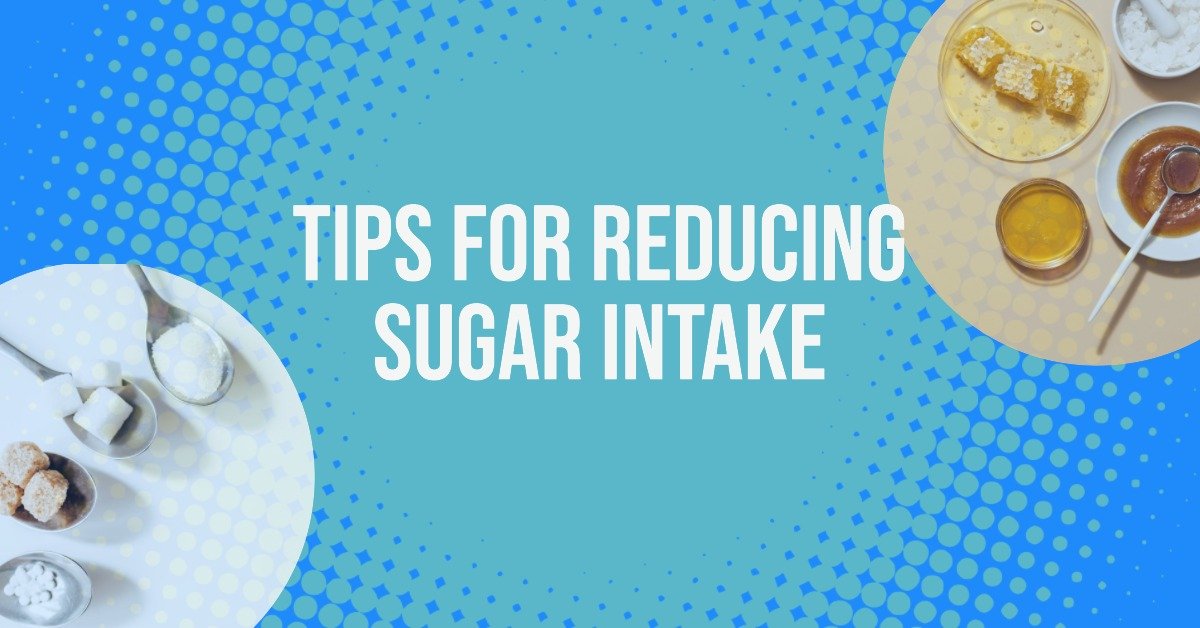





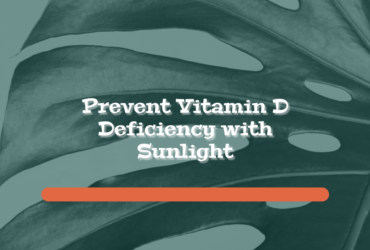
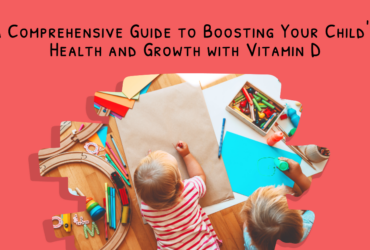
This article is a comprehensive guide to pregnancy! It covers everything from nutrition and fitness for healthy growth and development of both the mother and the baby. The well-researched information and actionable steps make it a go-to resource for anyone looking to make positive changes. I’ll definitely be sharing this with my friends and family!